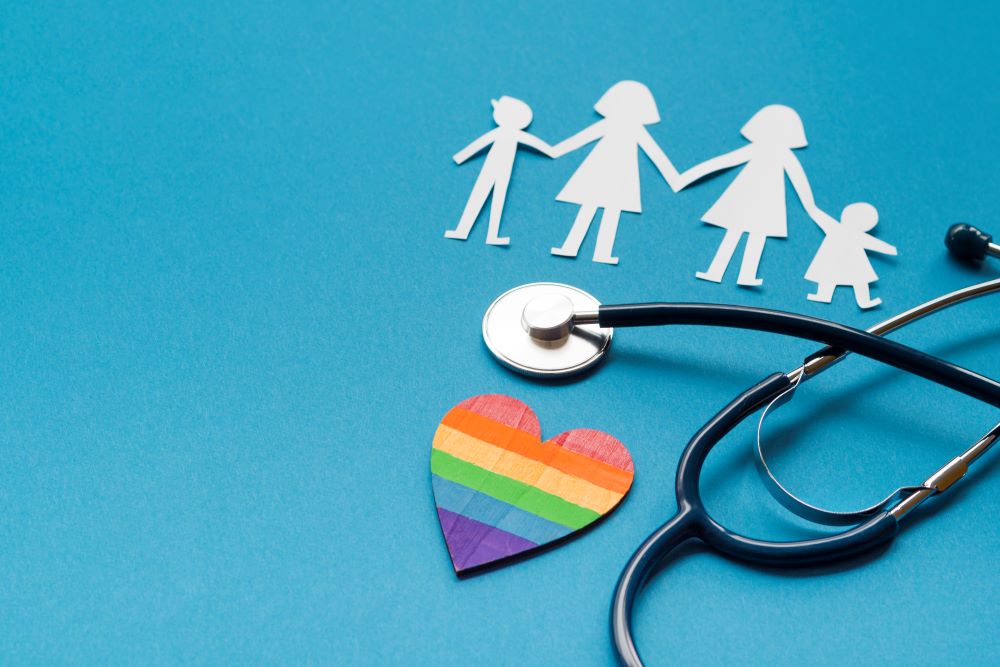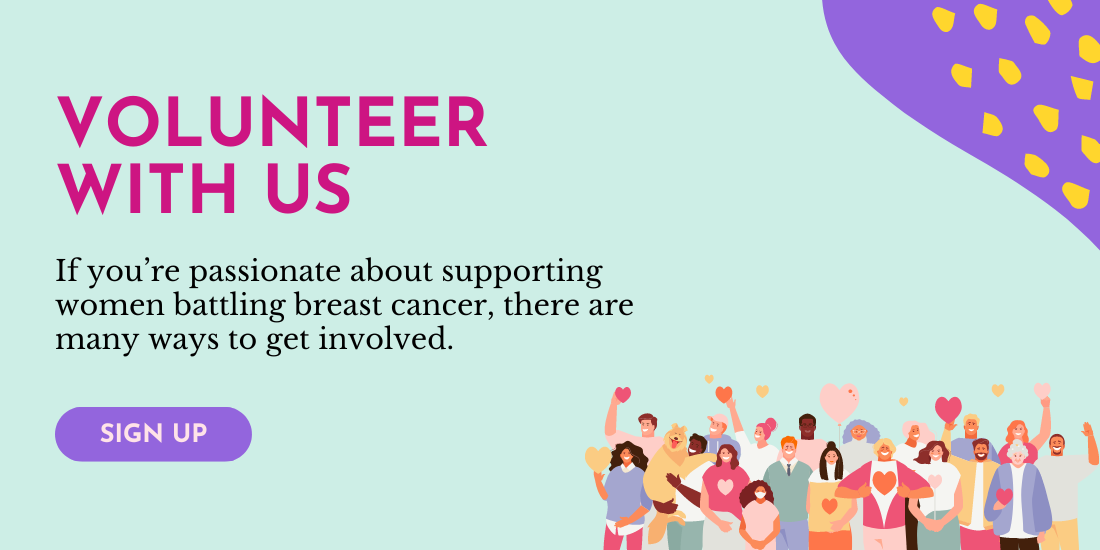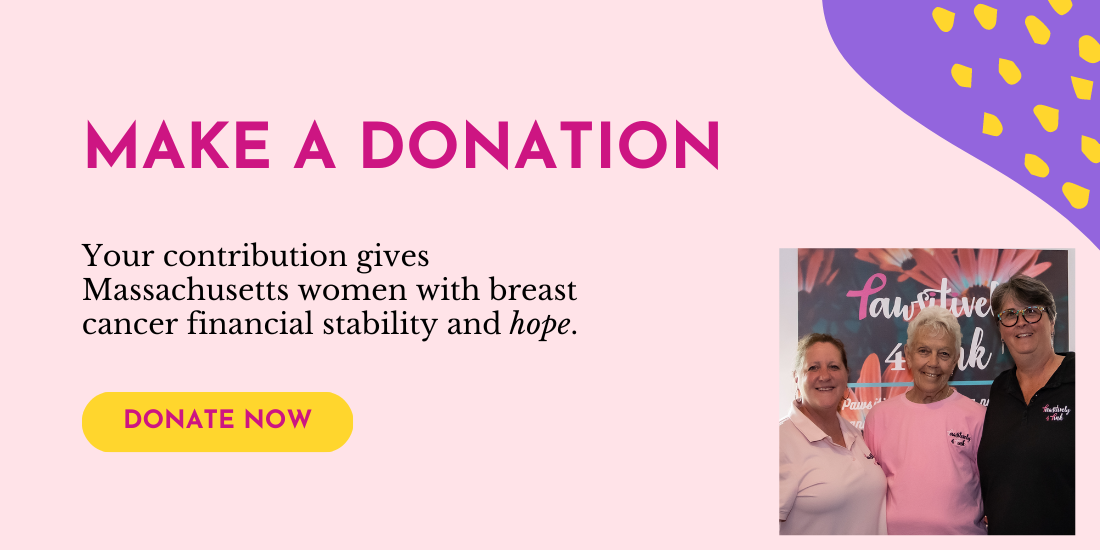Here at Pawsitively 4 Pink, Pride month is a big deal! We wanted to help celebrate by spreading important info about finding supportive and comprehensive healthcare and health care professionals who are supportive of LGBTQ+ individuals.
Anyone who has searched for a doctor knows how hard finding a high-quality professional can be – and that only gets exponentially more difficult when searching for an even smaller pool of healthcare professionals who have experience working with the LGBTQ+ community. Finding a doctor who is not only knowledgeable about specific needs but also supportive and open-minded is crucial to the patient’s overall well-being.
A good, comprehensive, and open doctor is crucial as they provide the necessary care and create a safe space for patients to discuss their concerns without fear of judgment or discrimination. At Pawsitively 4 Pink we believe deeply that each and every person deserves adequate and complete health care no matter their sexuality or financial status, especially the women we serve who are diagnosed with breast cancer. Below are steps LBTQ+ individuals can take to find the doctor and care they deserve.
1. Look for Clues Online LGBTQ+ Friendly Health Care Providers:
Start by researching healthcare providers in your area who explicitly state their commitment to LGBTQ+ inclusivity. This may be harder in some states than others, of course. Look for clinics, hospitals, or individual doctors who have affirming policies stated on their websites or have been recommended by LGBTQ+ organizations or community members. Check your surrounding area for women health care centers. Online directories like the Gay and Lesbian Medical Association (GLMA) or LGBTQ+ health advocacy groups are valuable resources to find gay and lesbian-friendly doctors.
If it’s unclear whether or not a provider or center is LBGTQ+ friendly, it’s a great idea to make an anonymous call and ask whether or not the center sees LGBTQ+ patients on a regular basis or has gender-affirming spaces. The way staff answers these inquiries will provide even more clues as to whether or not this space is right for you.
 2. Seek Out Recommendations:
2. Seek Out Recommendations:
Rely on the community to help guide your search. Reach out to friends, family, or members of LGBTQ+ communities and ask them about their experiences with healthcare providers. Personal recommendations provide invaluable insights into which doctors who are knowledgeable, supportive, and open to providing inclusive health care for gays and other LGBTQ+ individuals.
Crucially, your community will also steer clear of noninclusive or downright non-affirming providers. Consider joining local LGBTQ+ support groups or online forums on sites like Facebook groups or Reddit to connect with individuals and learn from others’ experiences.
3. Schedule a Consultation:
Once you have identified potential doctors, schedule consultations or introductory appointments with your top choices. Use this opportunity to advocate for yourself by discussing your concerns, personal medical history, and asking questions.
Based on the provider’s response, you will be able to quickly gauge their understanding of LGBTQ+ healthcare. Pay attention to their responses or hesitations, body language, and overall attitude toward your inquiries to ensure they are knowledgeable and respectful. A good doctor will be open to learning and willing to adapt their practices to meet your unique needs and concerns.
For urgent questions, resources like Roo, a chatbot released by Planned Parenthood, are a great starting point for those who can’t get to a doctor immediately.
 4. Consider Specializations:
4. Consider Specializations:
While general practitioners provide primary care, it’s worthwhile to consider seeking specialists who have expertise in LGBTQ+ healthcare or specifically women’s health. They are sure to have an even deeper understanding of the specific health challenges faced by LBTQ+ women. This would be especially beneficial for someone struggling with long-term health issues, chronic illnesses, or even breast cancer.
5. Trust Yourself:
No matter what you read or hear, always trust your gut when choosing a doctor. Finding comfort and trust in your health care provider is essential for establishing a strong doctor-patient relationship. If you have hesitations towards your doctor, you may not tell them the full story 100% of the time, which in turn has the potential to cause inadequate care.
If you feel uneasy or judged during your initial consultation, it is a sign that this doctor is not the right fit for you. Do not give up! There are plenty of doctors out there, so schedule multiple consultations to give yourself a few different options to consider. Each doctor will be able to provide something unique, and it’s only a matter of time before you find the right one for you.
Remember: Health care for gays and LBTQ+ individuals is your right! You deserve a healthcare professional who listens to you, respects your choices, and addresses your concerns with empathy and understanding.
That’s what we’re all about: Providing financial support to local underserved women battling breast cancer. If you’re passionate about helping women, get in touch to explore volunteer opportunities. Or, if you’re struggling with a breast cancer diagnosis, please join our support group.

